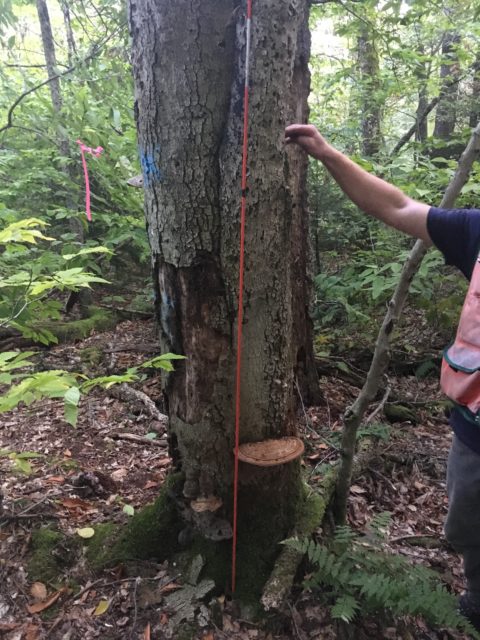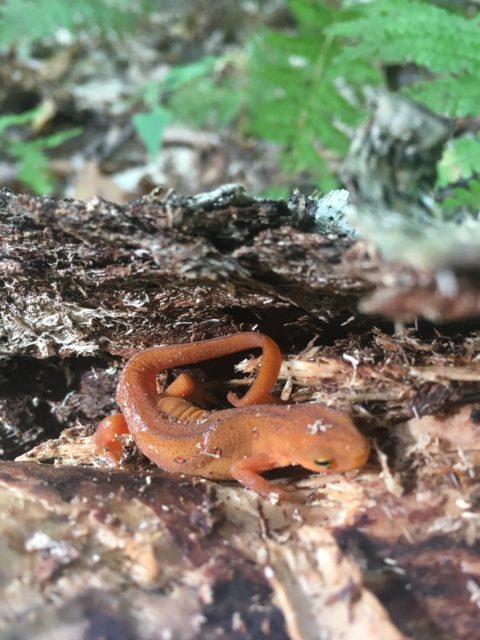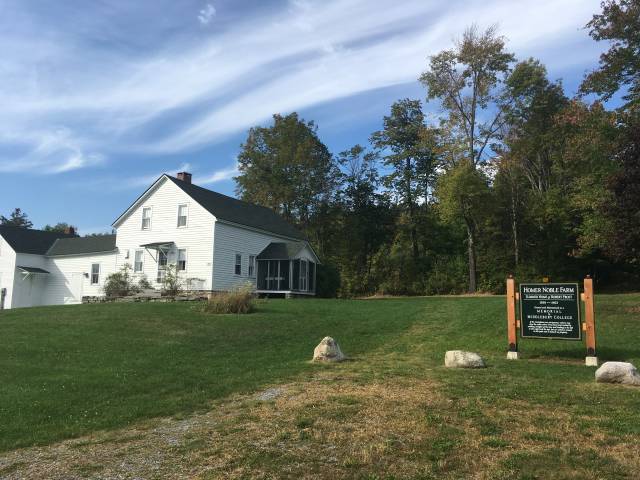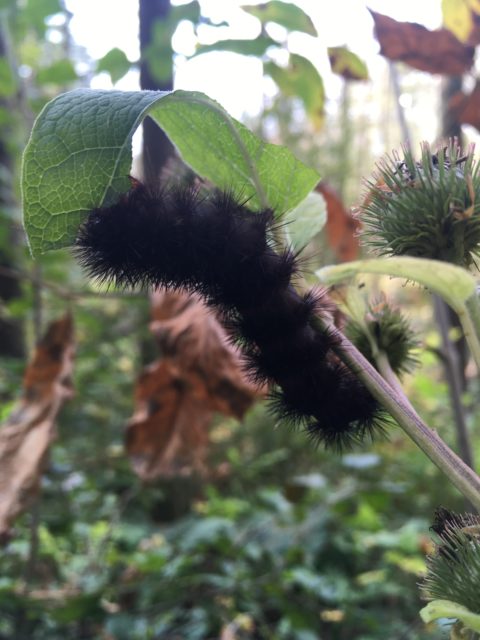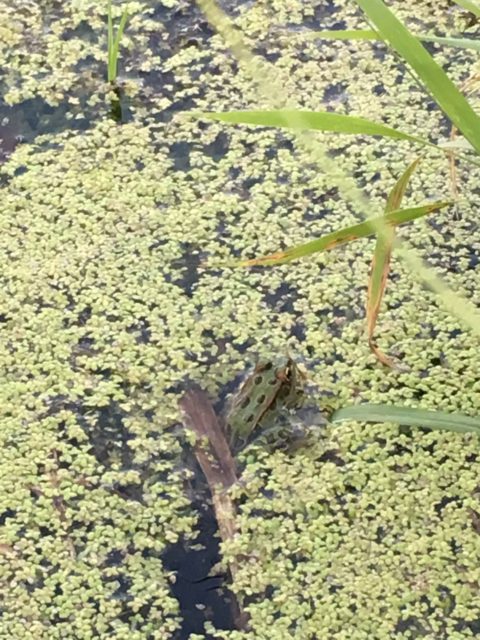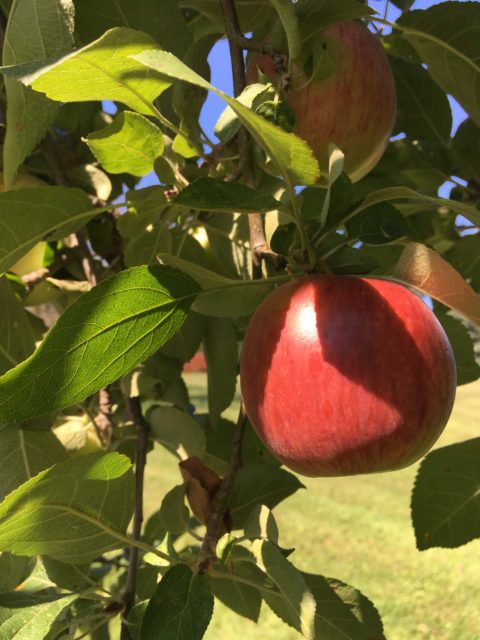This project has a 40-year agreement with the American Carbon Registry to sustainably manage this forest for growth. It does include maintenance harvests to improve forest health, including management of invasive species, harvesting trees to hasten a transition to a natural habitat, or the removal of live or dead trees that might pose a threat to the safety of users of the property. This contrasts with the typical industrialized practices found in other nearby areas that are characterized by shorter, even aged rotational cutting of trees. There are no ongoing commercial timber harvests at Middlebury, but trees may be used to restore structures on the property and within limits on the college campus. Carbon sequestration measurements are based on a random sampling of designated plots and check size, dead/decaying and re-growth trees, and checked against accepted forestry modeling practices.
Middlebury College has made a pledge to be carbon neutral, and as part of this effort, the college decided to protect and store carbon on the forestlands owned by the University by creating a combined conservation easement and forest carbon offset project. As such, Middlebury uses a portion of these credits to offset its own emissions.

